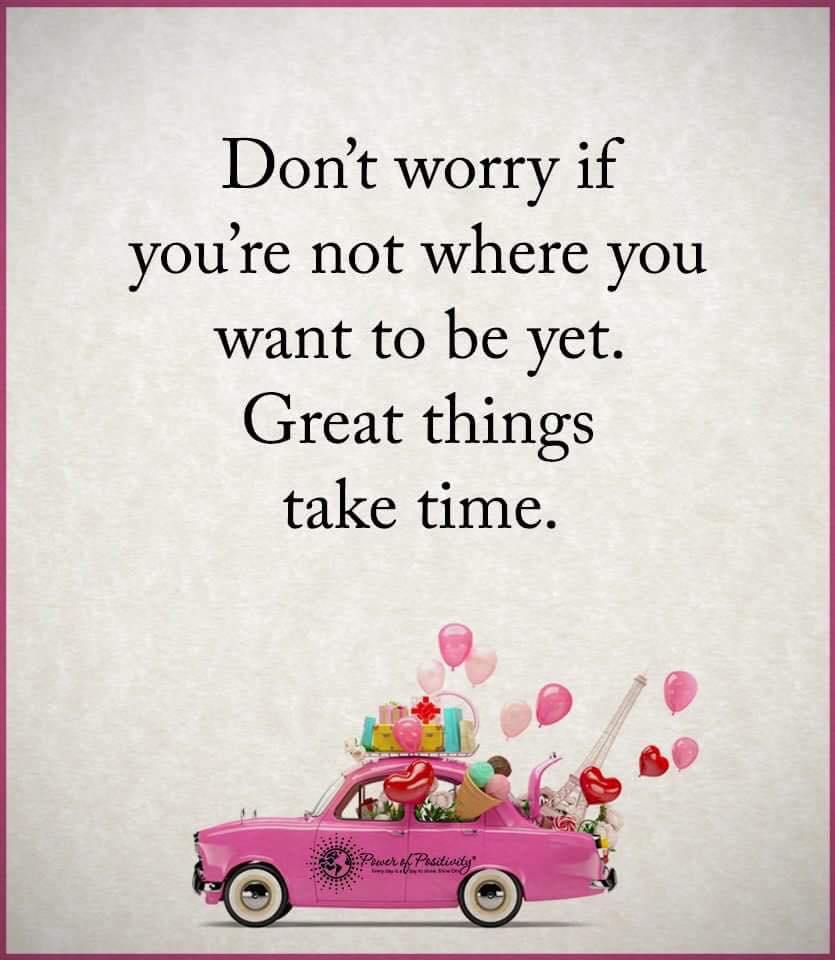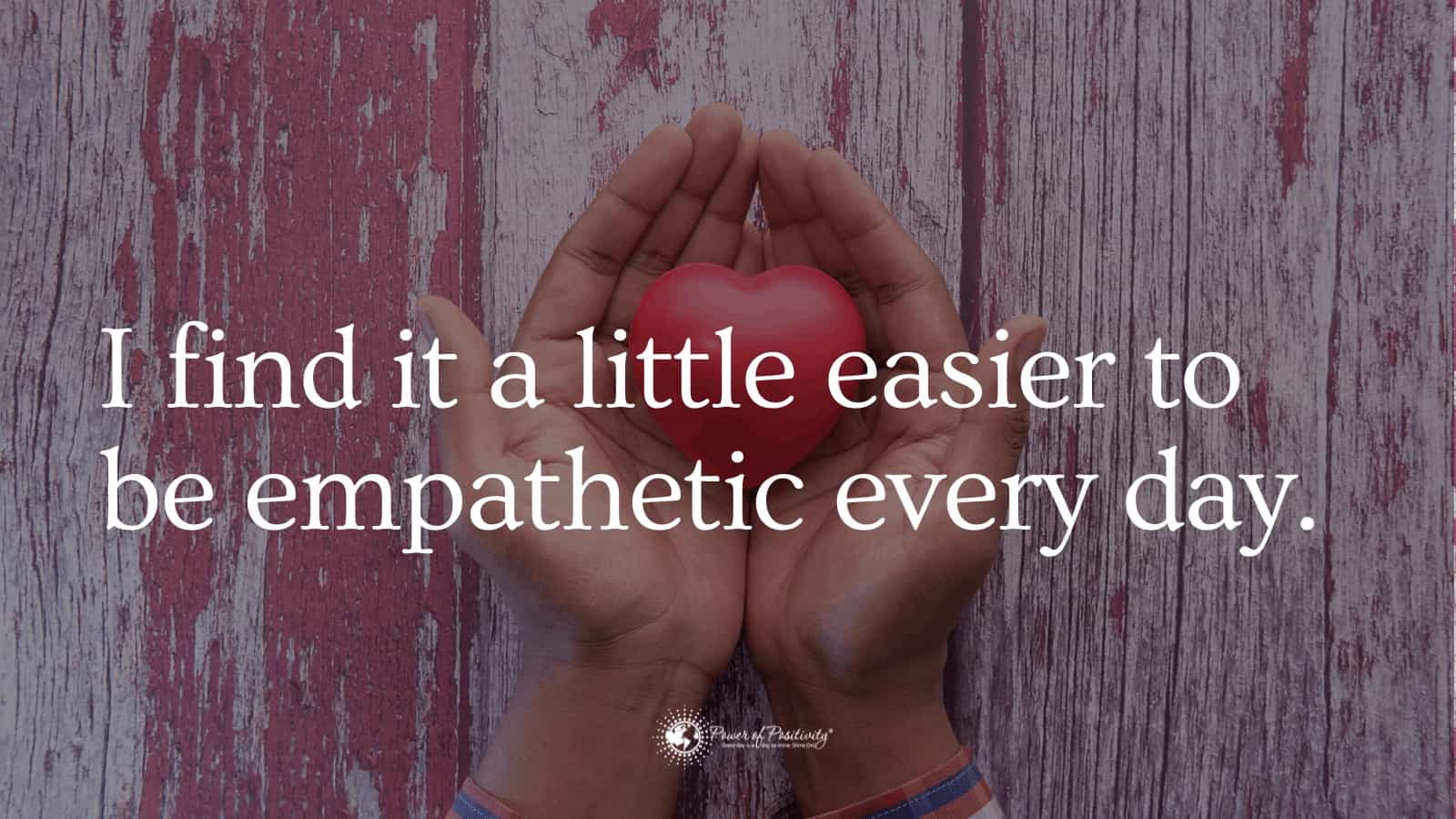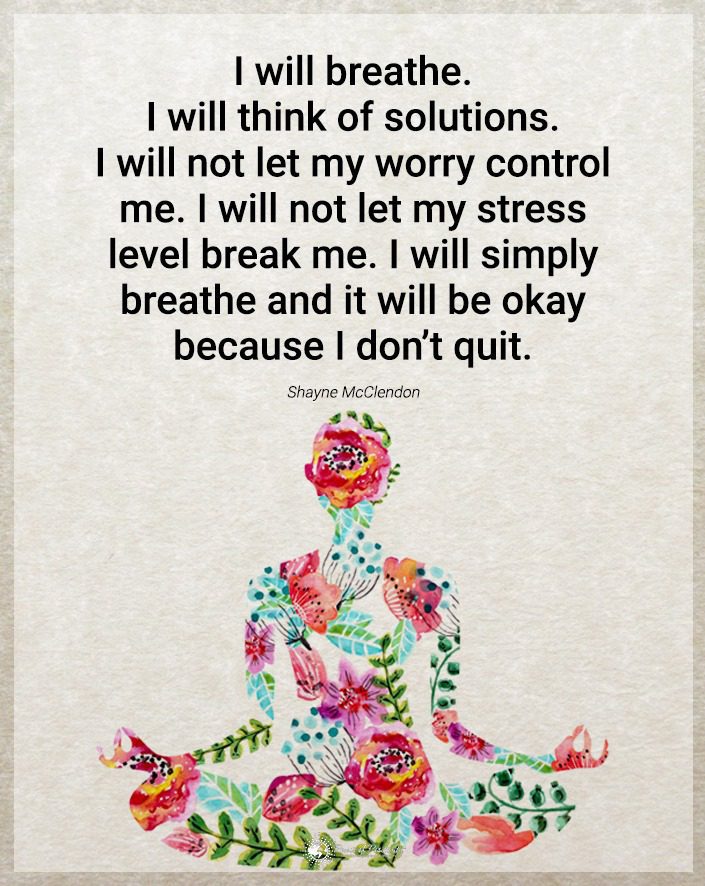It is never too late to find happiness and fulfillment.
“You must live in the present, launch yourself on every wave, find your eternity in each moment. Fools stand on their island of opportunities and look toward another island. There is no other land; there is no other life but this.” – Henry David Thoreau
Our life is limited – at least in the number of years spent on Earth. As such, many individuals try to fit in as much “living” into those finite number of years as possible. Sometimes, a person begins to take on a should’ve/could’ve/would’ve mindset. Some of these people experience a deep sense of regret, with some actually developing depression or other health conditions. Others go through temporary phases, such as the dreaded “mid-life crisis.”
But what does this type of thinking ever accomplish? It’s natural that we experience regret from time to time; however, the hard truth is that the past is unchangeable. Sure, we can change ourselves as a result of the past. We can maybe even mitigate the damage done a little bit.
We cannot add or subtract years from our life…we can only live for the moment and try to make the best out of it. With that said, we segue into the topic of this article.
7 Reasons Why It’s Never Too Late in Life

1. All that exists in the present
Think about this for a moment. How many of us get so wrapped up in what was done in the past, and what we’re going to do in the future…all the while abandoning the present? How many of us really live in the moment anymore?
Some prolific scientists have posited that time – as a construct, along with its finite nature – is an illusion. Whether it’s an illusion or not, most of us agree that life is just a series of events, or moments, that we experience.
So why not focus on the only thing we can truly experience right now…the present moment?
2. We can change one thing at a time
There is one blunder that many of us make as we experience regret later in life. Instead of concentrating our efforts on changing one aspect of us, we instead dwell on everything we perceive to have done wrong. As a result, we are overwhelmed and experience “analysis paralysis.”
When we’re too busy thinking about the things we need to change, it’s impossible to take constructive action. When we focus on one thing about us to improve, it’s much, much easier.
We don’t need to address everything at once…we just need to focus on one thing and do our best!
3. We can take baby steps, it is not too late
Sure we may be a bit older now, but that doesn’t mean that we need to change everything overnight (remember that whole ‘moments’ thing?) Not to mention, when we try to progress too quickly our results suffer. What’s the point of rushing in this case?
Much better to slow down and really change what you want! You’ll be much happier with the results.
4. The future is uncertain
Of course, nobody knows what will happen in the future! Think about how much better life would be if we lived each day like it was our last…
While it may seem that we’re rehashing a bit of what was discussed earlier, it is very important to remind ourselves of this fact. This is especially true if one is trying to make positive changes in life.

5. We still have our will
“Where there’s a will, there’s a way!” How many times have we heard this? But how true it is. Without our will, we are nothing.
If you’re breathing, your will is active and ready to be put to use. One could argue that our will is one of the most important human elements of being human… perhaps second only to the soul.
You have your mind, you have your soul, and you have your will…act on them!
6. Self-improvement doesn’t expire
Almost without exception, some of the regret experienced later in life is a result of not “achieving” something. When one feels that haven’t fulfilled their true potential, it can leave a painful mark. But the ability to improve oneself does not expire.
But perhaps this point is better explained with one woman’s story. Doreetha Daniels, an elderly woman with vision and hearing problems, and a multiple-stroke victim – received her college degree at the age of 99 from College of the Canyons in Santa Clara, California.
One faculty member said: “Doreetha is a living testament to the saying ‘if there is a will, there is a way…”
7. It’s never too late to change you legacy
Ah yes, then there is the matter of what we leave behind. How will future generations think of us when we’ve long departed this Earth? Will they be inspired and heartened by your life? Or will they be neutral…maybe even a bit disappointed?
It’s quite surprising that few people think of legacy until very late in life. But what we leave behind for our descendants is one of the greatest gifts we can give.
Related article: The Top 10 Regrets of the Dying
Once again, we go back to a quote about 99-year old Doreetha Daniels:
“She is truly an amazing woman who has impacted my life and I feel so fortunate that I was able to experience her journey alongside her.”
In essence, this faculty member is discussing Daniels’ journey…her inspiration…and her legacy.
Will we be able to say the same? It is not too late.










